- Great Learning
- Free Courses
- It & Software
Earn a certificate & get recognized
Introduction to Power Electronics
Ready to master Power Electronics? Enrol in our free course today! Learn about AC-DC/DC-AC Converters and DC-DC Converters. Start your learning journey now!
Instructor:
Imran MohammedIntroduction to Power Electronics
5.7K+ learners enrolled so far
Stand out with an industry-recognized certificate
10,000+ certificates claimed, get yours today!
Get noticed by top recruiters
Share on professional channels
Globally recognised
Land your dream job

Skills you will gain
Electric Vehicle
Power Electronics
AC- DC Converter
Rectifier
Inverter
Thyristor
Key Highlights
Get free course content
Master in-demand skills & tools
Test your skills with quizzes
About this course
Introduction to Power Electronics is a comprehensive free course that unveils the fundamental principles of the field. Part 1 delves into core concepts in electrical power conversion, essential for understanding modern technology. Building upon this foundation, Part 2 explores advanced topics such as semiconductor devices, control methods, and practical applications.
The course takes a focused approach, unraveling the intricacies of AC-DC and DC-AC converters, decoding the efficient transformation of power between alternating and direct currents. The journey concludes by exploring the realm of DC-DC converters, which play a pivotal role in portable electronics and renewable energy systems. Through engaging lectures and hands-on examples, this course equips learners with the knowledge to navigate the dynamic landscape of power electronics, empowering them to harness and manipulate electrical power for diverse applications.
Course outline
Introduction to Power Electronics - Part 1
In this module, you will learn about Power Electronics, a fascinating field of electrical engineering that deals with the conversion, control, and management of electric power.
Introduction to Power Electronics - Part 2
In this module we will provide you with a comprehensive understanding of the fundamental concepts, components, and applications of Power Electronics.
AC-DC and DC-AC Converters
In this module, you will have a solid understanding of AC-DC and DC-AC converters, their operation, and design principles.
DC-DC Converters
In this module, you will have understanding the fundamental principles of DC-DC conversion.
Get access to the complete curriculum once you enroll in the course
Stand out with an industry-recognized certificate
10,000+ certificates claimed, get yours today!
Get noticed by top recruiters
Share on professional channels
Globally recognised
Land your dream job

Introduction to Power Electronics

1.5 Hours
Beginner
5.7K+ learners enrolled so far
Get free course content
Master in-demand skills & tools
Test your skills with quizzes
Learner reviews of the Free Courses
5.0



What our learners enjoyed the most
Skill & tools
61% of learners found all the desired skills & tools
Our course instructor

Imran Mohammed
Assistant Professor at MJ College of Engineering & Technology with over 12+ years of teaching experience
IT & Software Expert
Frequently Asked Questions
Will I receive a certificate upon completing this free course?
Is this course free?
What prerequisites are required to enrol in this Free Introduction to Power Electronics course?
You do not need any prior knowledge to enrol in this Introduction to Power Electronics course.
How long does it take to complete this Free Introduction to Power Electronics course?
It is a 1.0 hour long course, but it is self-paced. Once you enrol, you can take your own time to complete the course.
Will I have lifetime access to the free course?
Yes, once you enrol in the course, you will have lifetime access to any of the Great Learning Academy’s free courses. You can log in and learn whenever you want to.
Will I get a certificate after completing this Free Introduction to Power Electronics course?
Yes, you will get a certificate of completion after completing all the modules and cracking the assessment.
How much does this Introduction to Power Electronics course cost?
It is an entirely free course from Great Learning Academy.
Is there any limit on how many times I can take this free course?
No. There is no limit. Once you enrol in the Free Introduction to Power Electronics course, you have lifetime access to it. So, you can log in anytime and learn it for free online.
Who is eligible to take this Free Introduction to Power Electronics course?
You do not need any prerequisites to take the course, so enroll today and learn it for free online.
Become a Skilled Professional with Pro Courses
Gain work-ready skills with guided projects, top faculty and AI tools, all at an affordable price.


View Course

Included with Pro+ Subscription

View Course

Included with Pro+ Subscription

View Course

Included with Pro+ Subscription


View Course

Included with Pro+ Subscription

View Course

Included with Pro+ Subscription


View Course

Included with Pro+ Subscription

View Course

Included with Pro+ Subscription
.jpg)
View Course

Included with Pro+ Subscription


View Course

Included with Pro+ Subscription


View Course

Included with Pro+ Subscription


View Course

Included with Pro+ Subscription
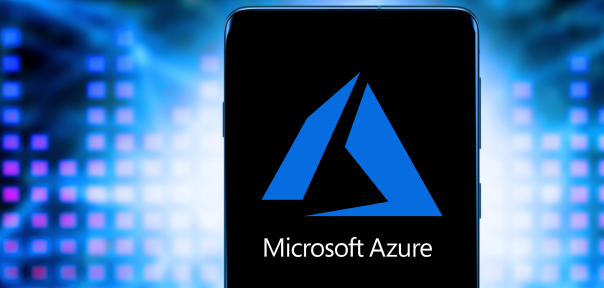



View Course

Included with Pro+ Subscription


View Course

Included with Pro+ Subscription

View Course

Included with Pro+ Subscription

View Course

Included with Pro+ Subscription
 (1).png)
View Course

Included with Pro+ Subscription

View Course

Included with Pro+ Subscription

View Course

Included with Pro+ Subscription
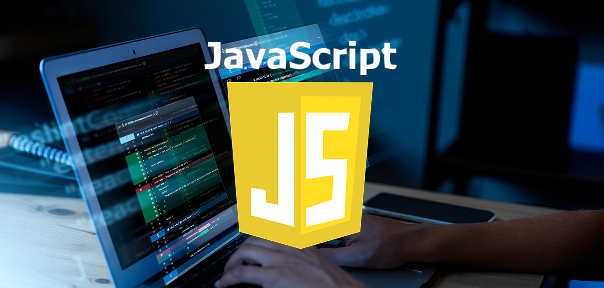
View Course

Included with Pro+ Subscription

View Course

Included with Pro+ Subscription
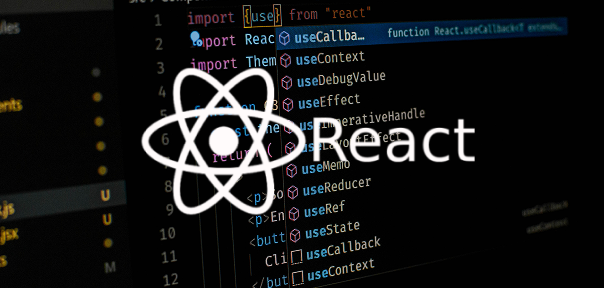
View Course

Included with Pro+ Subscription

View Course

Included with Pro+ Subscription


View Course

Included with Pro+ Subscription

View Course

Included with Pro+ Subscription

View Course

Included with Pro+ Subscription
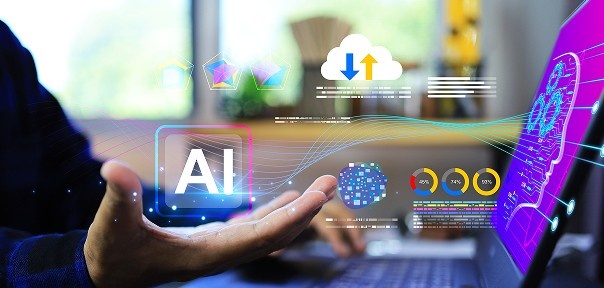

.jpg)
View Course

Included with Pro+ Subscription
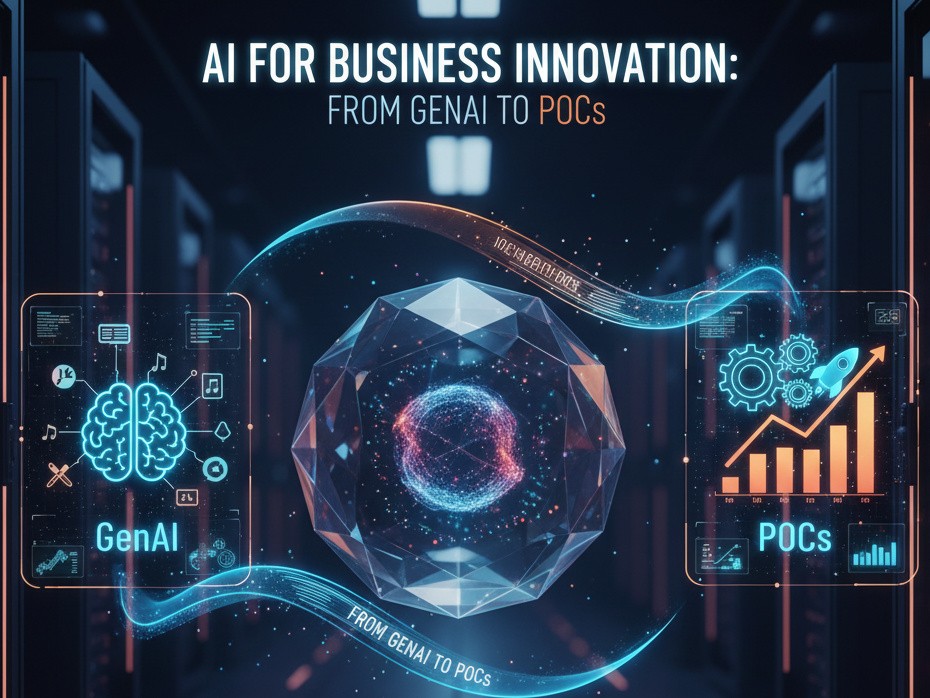
View Course

Included with Pro+ Subscription
.jpg)
View Course

Included with Pro+ Subscription

View Course

Included with Pro+ Subscription
.jpg)
View Course

Included with Pro+ Subscription
 (1).jpg)
View Course

Included with Pro+ Subscription
.png)
View Course

Included with Pro+ Subscription
.jpg)
View Course

Included with Pro+ Subscription
.jpeg)
View Course

Included with Pro+ Subscription
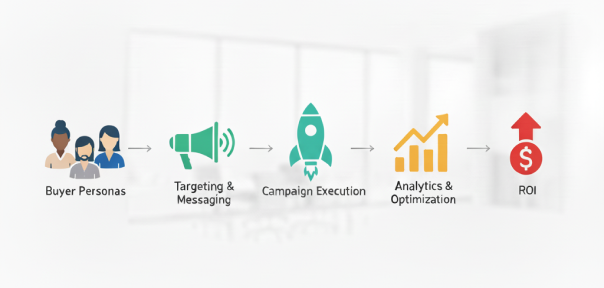
View Course

Included with Pro+ Subscription
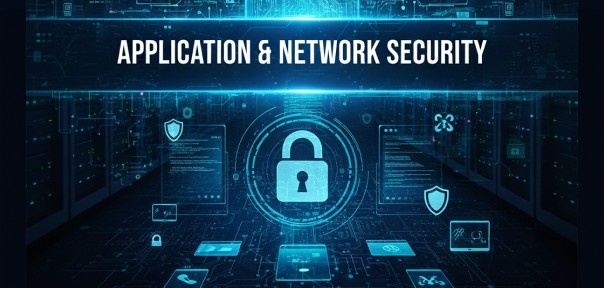
View Course

Included with Pro+ Subscription

View Course

Included with Pro+ Subscription
.png)
.png)
View Course

Included with Pro+ Subscription
.png)
View Course

Included with Pro+ Subscription
.png)
View Course

Included with Pro+ Subscription


.png)
View Course

Included with Pro+ Subscription


View Course

Included with Pro+ Subscription
.jpg)

.jpg)

.png)

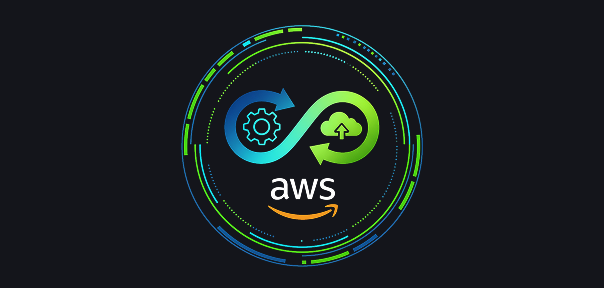
View Course

Included with Pro+ Subscription
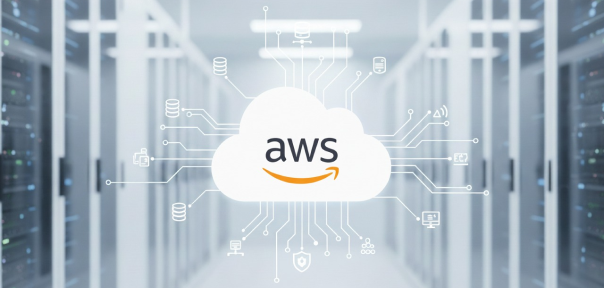

View Course

Included with Pro+ Subscription


View Course

Included with Pro+ Subscription
.png)
View Course

Included with Pro+ Subscription

View Course

Included with Pro+ Subscription
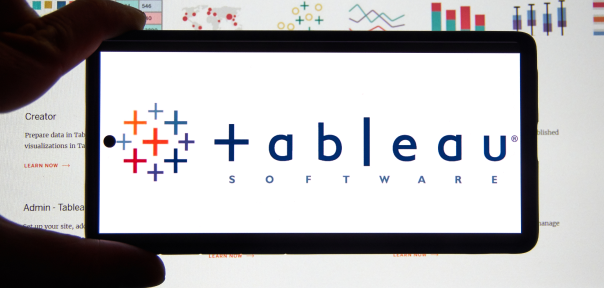
View Course

Included with Pro+ Subscription
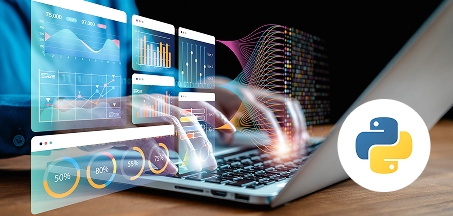
View Course

Included with Pro+ Subscription

View Course

Included with Pro+ Subscription
Popular


View Course

Included with Pro+ Subscription

View Course

Included with Pro+ Subscription

View Course

Included with Pro+ Subscription


View Course

Included with Pro+ Subscription

View Course

Included with Pro+ Subscription


View Course

Included with Pro+ Subscription

View Course

Included with Pro+ Subscription
.jpg)
View Course

Included with Pro+ Subscription
Microsoft Courses


View Course

Included with Pro+ Subscription


View Course

Included with Pro+ Subscription


View Course

Included with Pro+ Subscription




View Course

Included with Pro+ Subscription


View Course

Included with Pro+ Subscription
IT & Software

View Course

Included with Pro+ Subscription

View Course

Included with Pro+ Subscription
 (1).png)
View Course

Included with Pro+ Subscription

View Course

Included with Pro+ Subscription

View Course

Included with Pro+ Subscription

View Course

Included with Pro+ Subscription

View Course

Included with Pro+ Subscription

View Course

Included with Pro+ Subscription
.png)
View Course

Included with Pro+ Subscription
.png)
View Course

Included with Pro+ Subscription
.png)
View Course

Included with Pro+ Subscription

View Course

Included with Pro+ Subscription

View Course

Included with Pro+ Subscription
.jpg)
View Course

Included with Pro+ Subscription


View Course

Included with Pro+ Subscription
.png)
View Course

Included with Pro+ Subscription
.png)
View Course

Included with Pro+ Subscription


View Course

Included with Pro+ Subscription

View Course

Included with Pro+ Subscription

View Course

Included with Pro+ Subscription


View Course

Included with Pro+ Subscription
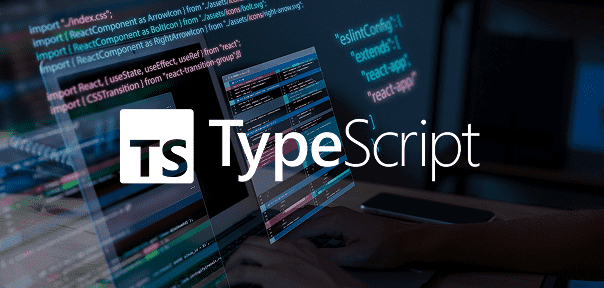
View Course

Included with Pro+ Subscription
AI & Generative AI

View Course

Included with Pro+ Subscription


View Course

Included with Pro+ Subscription

View Course

Included with Pro+ Subscription

View Course

Included with Pro+ Subscription


.jpg)
View Course

Included with Pro+ Subscription

View Course

Included with Pro+ Subscription
Management
.jpg)
View Course

Included with Pro+ Subscription

View Course

Included with Pro+ Subscription
.jpg)
View Course

Included with Pro+ Subscription
 (1).jpg)
View Course

Included with Pro+ Subscription
.png)
View Course

Included with Pro+ Subscription
.jpg)
View Course

Included with Pro+ Subscription
.jpeg)
View Course

Included with Pro+ Subscription

View Course

Included with Pro+ Subscription
.png)
View Course

Included with Pro+ Subscription

View Course

Included with Pro+ Subscription
.png)
View Course

Included with Pro+ Subscription

View Course

Included with Pro+ Subscription
.png)
View Course

Included with Pro+ Subscription
.png)
View Course

Included with Pro+ Subscription
.png)
View Course

Included with Pro+ Subscription
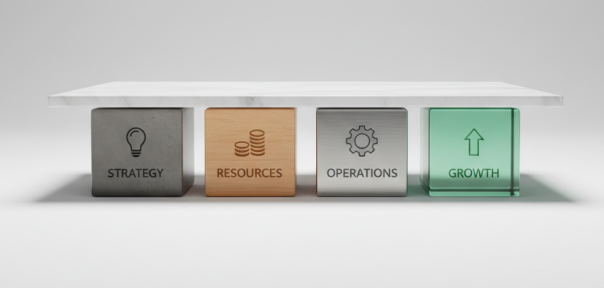
View Course

Included with Pro+ Subscription
Cyber Security

View Course

Included with Pro+ Subscription

View Course

Included with Pro+ Subscription
.png)
.png)
View Course

Included with Pro+ Subscription
.png)
View Course

Included with Pro+ Subscription
.png)
View Course

Included with Pro+ Subscription
Cloud Computing


.png)
View Course

Included with Pro+ Subscription


View Course

Included with Pro+ Subscription
.jpg)

.jpg)

.png)


View Course

Included with Pro+ Subscription


View Course

Included with Pro+ Subscription
.png)

View Course

Included with Pro+ Subscription
.png)

View Course

Included with Pro+ Subscription


View Course

Included with Pro+ Subscription


View Course

Included with Pro+ Subscription



Data Science & ML


View Course

Included with Pro+ Subscription
.png)
View Course

Included with Pro+ Subscription

View Course

Included with Pro+ Subscription

View Course

Included with Pro+ Subscription

View Course

Included with Pro+ Subscription

View Course

Included with Pro+ Subscription
Subscribe to Academy Pro+ & get exclusive features
$25/month
No credit card required

Learn from 40+ Pro courses
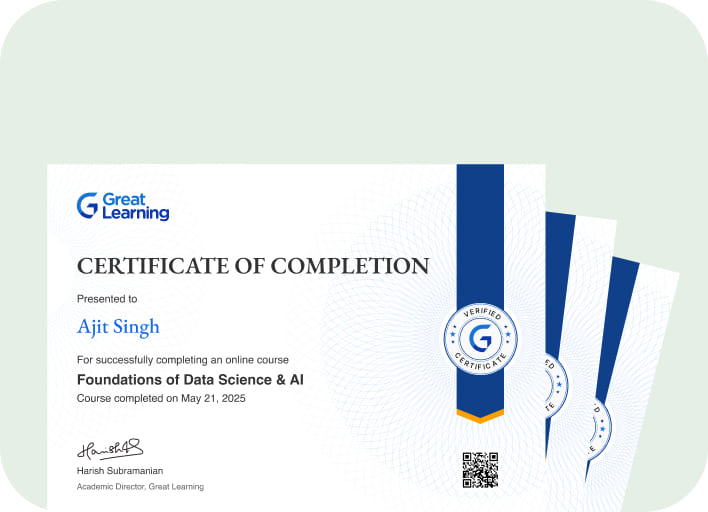
Access 500+ certificates for free
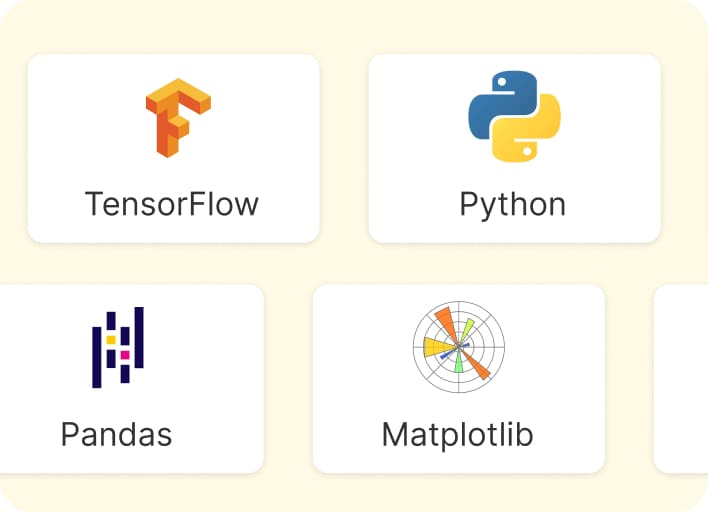
700+ Practice exercises & guided projects
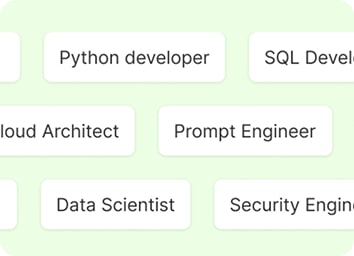
Prep with AI mock interviews & resume builder
Recommended Free Software courses
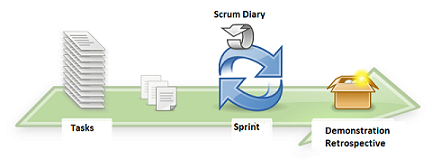




Similar courses you might like




Relevant Career Paths >
Introduction to Power Electronics
Power electronics is a specialized branch of electrical engineering that deals with the conversion and control of electrical power. It plays a crucial role in various applications, ranging from power supplies and electric vehicles to renewable energy systems and industrial automation. The primary focus of power electronics is on efficiently converting and controlling electrical power to meet specific requirements, making it an essential discipline in modern electrical systems.
1. Power Electronics Fundamentals:
At its core, power electronics involves the manipulation of electrical power using electronic devices like transistors, diodes, and thyristors. These devices switch on and off rapidly to control the voltage and current waveforms, enabling the conversion of electrical power between different forms, such as AC (alternating current) to DC (direct current) or vice versa.
2. Switching Devices:
Power electronic circuits use semiconductor devices as switches to control the flow of electrical power. Commonly used devices include power transistors (such as MOSFETs and IGBTs), diodes, and thyristors (like SCRs - Silicon Controlled Rectifiers). These switches operate in either an on or off state, and their rapid switching allows for precise control over the output voltage and current.
3. Types of Power Electronics Converters:
Power electronic converters are circuits that convert electrical energy from one form to another. Some common types include:
- Rectifiers: Convert AC to DC, commonly used in power supplies.
- Inverters: Convert DC to AC, essential for renewable energy systems and motor drives.
- DC-DC Converters: Modify the voltage level of DC power, crucial in battery-powered devices and electric vehicles.
- AC-AC Converters: Transform the amplitude, frequency, or phase of AC power.
4. Applications of Power Electronics:
Power electronics is pervasive in various industries and applications:
- Power Supplies: Used in electronic devices to convert AC power from outlets to the DC power required by electronic circuits.
- Renewable Energy Systems: Inverters are employed to convert DC power from solar panels or wind turbines into AC power suitable for the grid.
- Electric Vehicles: Power electronics control the speed and torque of electric motors, and they manage the charging and discharging of batteries.
- Industrial Drives: Inverters are used to control the speed of motors in manufacturing processes, providing energy efficiency and precise control.
- HVDC Transmission: High Voltage Direct Current transmission systems use power electronics to efficiently transmit electrical power over long distances.
5. Control and Feedback Systems:
Control systems are integral to power electronics to ensure that the output meets the desired specifications. Feedback mechanisms, such as Pulse Width Modulation (PWM), are commonly employed to regulate the duty cycle of the switching devices, controlling the average output voltage and current.
6. Challenges and Advances:
Power electronics engineers face challenges such as minimizing energy losses, improving efficiency, and managing heat dissipation in high-power applications. Advances in semiconductor technology, novel materials, and control algorithms continue to address these challenges, making power electronics systems more efficient and compact.
7. Importance in Energy Efficiency:
Power electronics significantly contribute to enhancing energy efficiency in electrical systems. By precisely controlling the conversion and distribution of electrical power, it minimizes energy losses, reduces environmental impact, and plays a crucial role in the development of sustainable energy solutions.
In summary, power electronics is a dynamic field at the intersection of electrical engineering and electronics, dedicated to efficiently converting and controlling electrical power. Its applications are diverse, impacting various industries and contributing to the evolution of modern energy systems. As technology advances, power electronics continues to play a pivotal role in improving energy efficiency, driving innovation, and shaping the future of electrical power systems.









